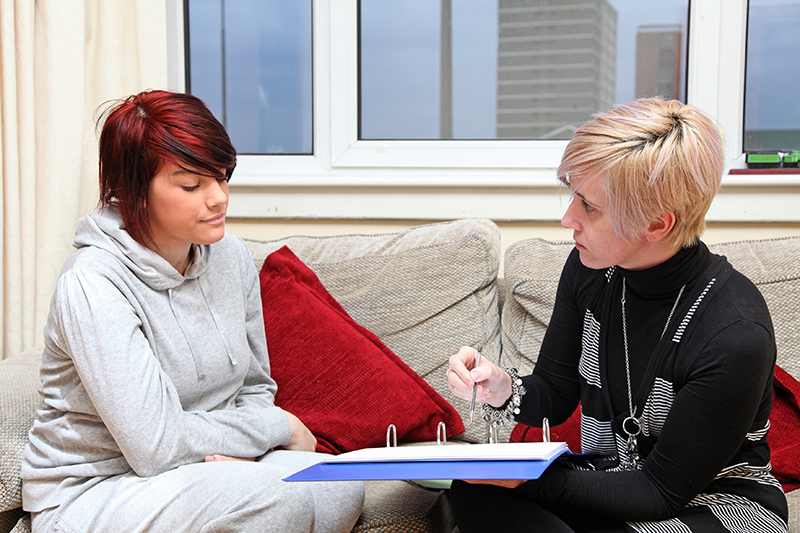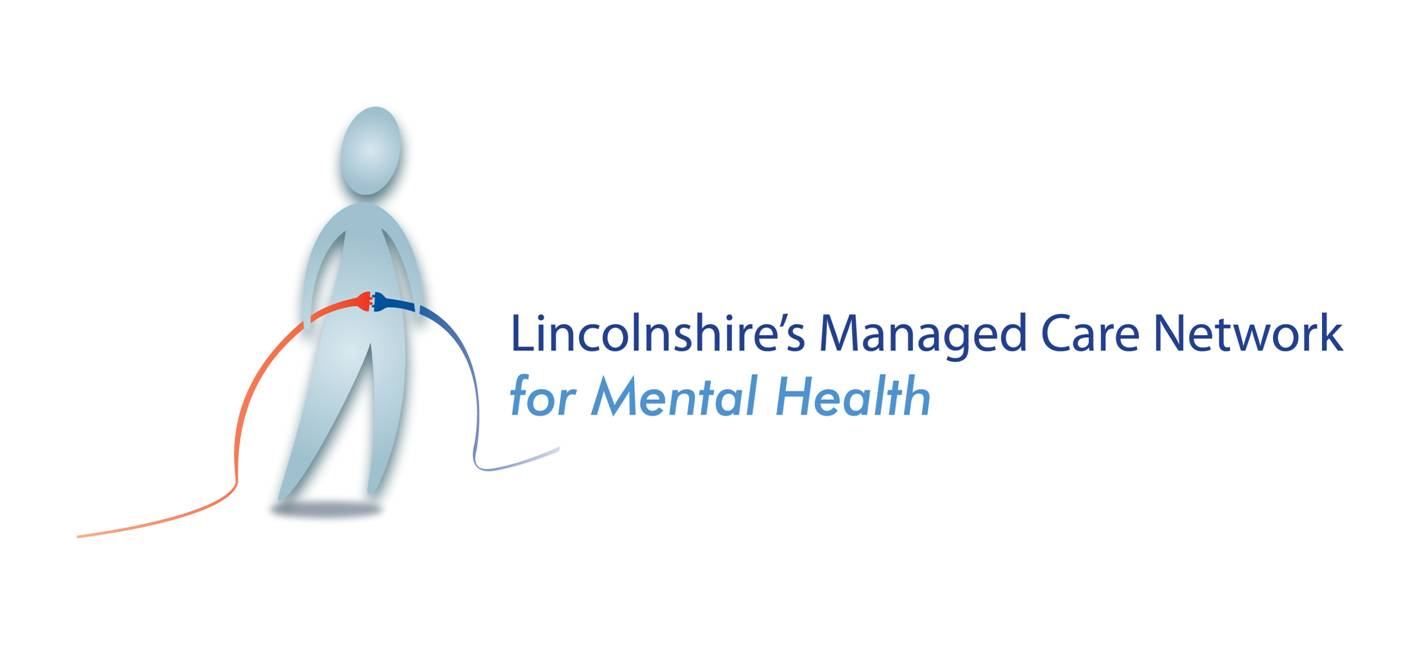Preparing for transition
We understand that moving from CAMHS to Adult Mental Health Services can be a difficult and scary time due to not knowing what to expect.
Hopefully this page will help you calm any worries or queries you may have.

What should happen
Your CAMHS Lead Professional will discuss with you around 6 months before you turn 18 whether it would be beneficial for you to transition to adult mental health services.
Your CAMHS Lead Professinal will then speak to Adult Services to determine whether they have a service that would suit your needs.
If it is agreed with you that you need further support from Adult Mental Health Services, you will will be allocated a named worker. They will work together with you and your CAMHS Lead Professional to ensure your transition is successful and you know what to expect from the service that will be seeing you.
You will work together to agree a Transition Plan where you will have an opportunity to identify your goals between now and at the period when you will transition. This Transition Plan is your opportunity to have your say about what you would like from professionals and how they can support you during this time of change.
If at any point you feel like you have achieved your goals and you and your CAMHS Lead Professional agree you no longer require input from CAMHS or AMHS, you will be discharged back to the care of your GP.
Adult Mental Health Services
We understand that transitioning to Adult Mental Health Services from CAMHS can be a really challenging time.
If you are already in CAMHS then your clinician will have spoken to you about the transition process before you turn 18 and what service you will be transitioning to. Services in Adult Mental Health Services that they may have spoken to you about include the following:
Connecting with local supports
When you are making the move from CAMHS to AHMS it could also be helpful to look at other community resources that could support and aid your recovery. Some ideas are listed below

Me and my Transition- Darcey's story
Though transition will always pose challenges, read Darcey's story (19 years) below to get some insight in how the services can work together to make things easier for you, and the importance of telling people what you need to make this experience as smooth as possible.
As someone who was under the CAMHS team for many years on and off, I began to get nervous about the possibility of transitioning into adult services when I got to the age of 16. I still felt I would be needing support for a while yet and knew that that could lead to me being transferred into CMHT (Community Mental Health Team).
In late 2017, I was admitted to Ash Villa for more support with my mental health difficulties. With my 18th birthday only a few months away, it was inevitable that I would be making the transition into adult mental health services. Initially this didn’t really bother me, I thought “Well, I’ve done CAMHS for years, it’ll be the same.” When I met my new Care Coordinator, it became more of a reality. My Care Coordinator was very upfront from the beginning and due to my being discharged only a few months before my 18th, she explained that I would have to transition into adult teams.
We began working together after discharge and she was fantastic at supporting and empowering me to feel okay about moving on from CAMHS. She reassured me that this wasn’t a negative thing and that I had worked so hard to get here, and not to see it as a failure.
When it got to the time I would need to be moving on, she suggested I meet with my new CPN and herself so there wouldn’t be the anxiety surrounding meeting her for the first time alone. My Care Coordinator organised everything and spoke to me prior to every meeting regarding my wishes and what work I want to do. She made the whole process so easy and less stressful for me, which in turn, made the whole transition so much easier.
I started working with my CPN at the end of April 2018 and we got on really well. I think because I had met her prior to her becoming a huge part in my care and treatment, it wasn’t so daunting. She just felt like another person, not someone to be scared of or anxious around. She listened to everything I had to say and made me feel in control of what was happening – whether that be psychiatrist meetings or what we spoke about in each session. She would take an interest in the work I had done previously with my CAMHS Care Coordinator and ask if this was something I’d like her to do. I was discharged from my CPN in late 2018 and have been without a care team since.
I really do believe that CAMHS were amazing in dealing with my transition into adult services, my Care Coordinator especially. If I hadn’t have had such a smooth transition process, I definitely feel like I could have been under the adult team for a lot longer. Having someone listen to me and represent what I needed and wanted meant I didn’t have to repeat it all upon meeting my CPN. She understood the things that had happened, the work I’d previously done and knew about my history which meant I didn’t have to focus on the negatives, I could start therapeutic work straight away.
My advice would be to be upfront – tell your workers exactly what you want and if you can’t ask yourself, ask if they can express your needs for you. I was anxious about going into adult services, but it’s not a set-back, it’s not a failure, it’s simply the same support in a different building.

